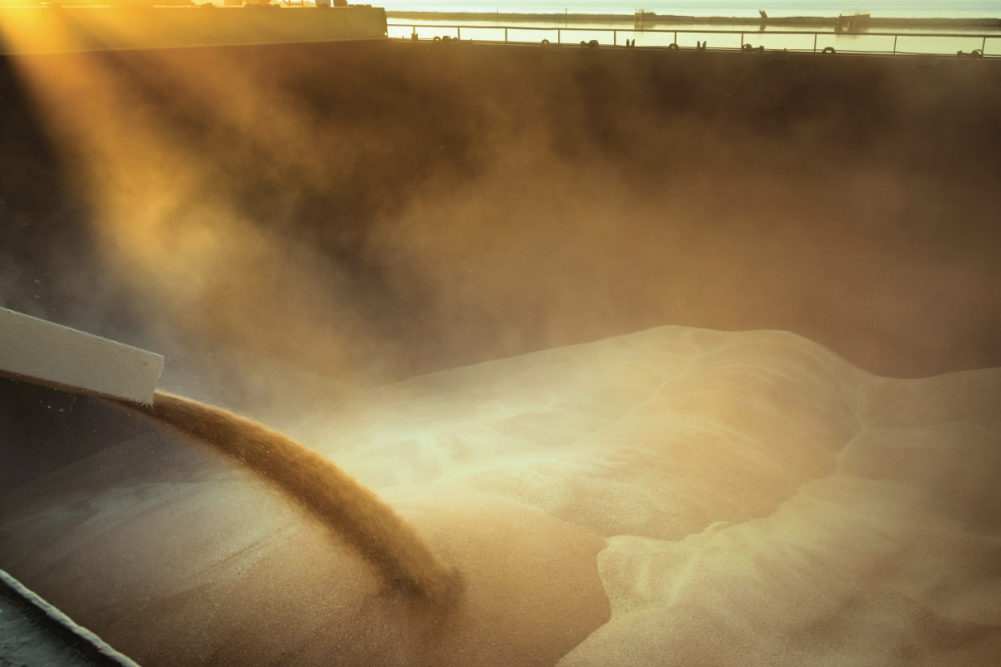BRUSSELS, BELGIUM – Under its new “Farm to Fork” strategy, the European Union will see reduced grain production and could become a net importer, according to an impact assessment from Coceral, a European association representing the trade in cereals and other agricultural products.
The strategy aims to curb the environmental impact of agriculture, which is the most frequently reported source of pressure on Europe's habitats and species and is responsible for 10% of EU greenhouse gas emissions.
During Coceral’s June 23 online presentation concerning the new policy, which proposes expanding organic production to 25% of farmland from the current 8% as well as cutting pesticide use, stakeholders warned of unintended consequences.
“So we are not (going to be) one of the big exporters anymore but maybe one of the big importers,” said Oliver Balkhausen, director of economic research at Archer Daniels Midland Co. (ADM) and Coceral board member, who was among the 123 participants in the online discussion.
In its assessment, Coceral said the EU’s environmental goals could lower wheat production from the currently projected 128 million tonnes to 109 million tonnes by 2030.
Coceral also concluded that the environmental goals could also increase the EU’s reliance on oilseed imports by cutting rapeseed cultivation, leading to the importation of more than 10 million tonnes of rapeseed a year compared to the current 6 million tonnes.
Coceral said the assessment that was presented during the online event was not academic in nature nor based on intricate modeling, but rather an empirical evaluation put together by analysts and business operators from a dozen companies and national associations, members of Coceral, which looked at how the EU’s agricultural production would be transformed.




